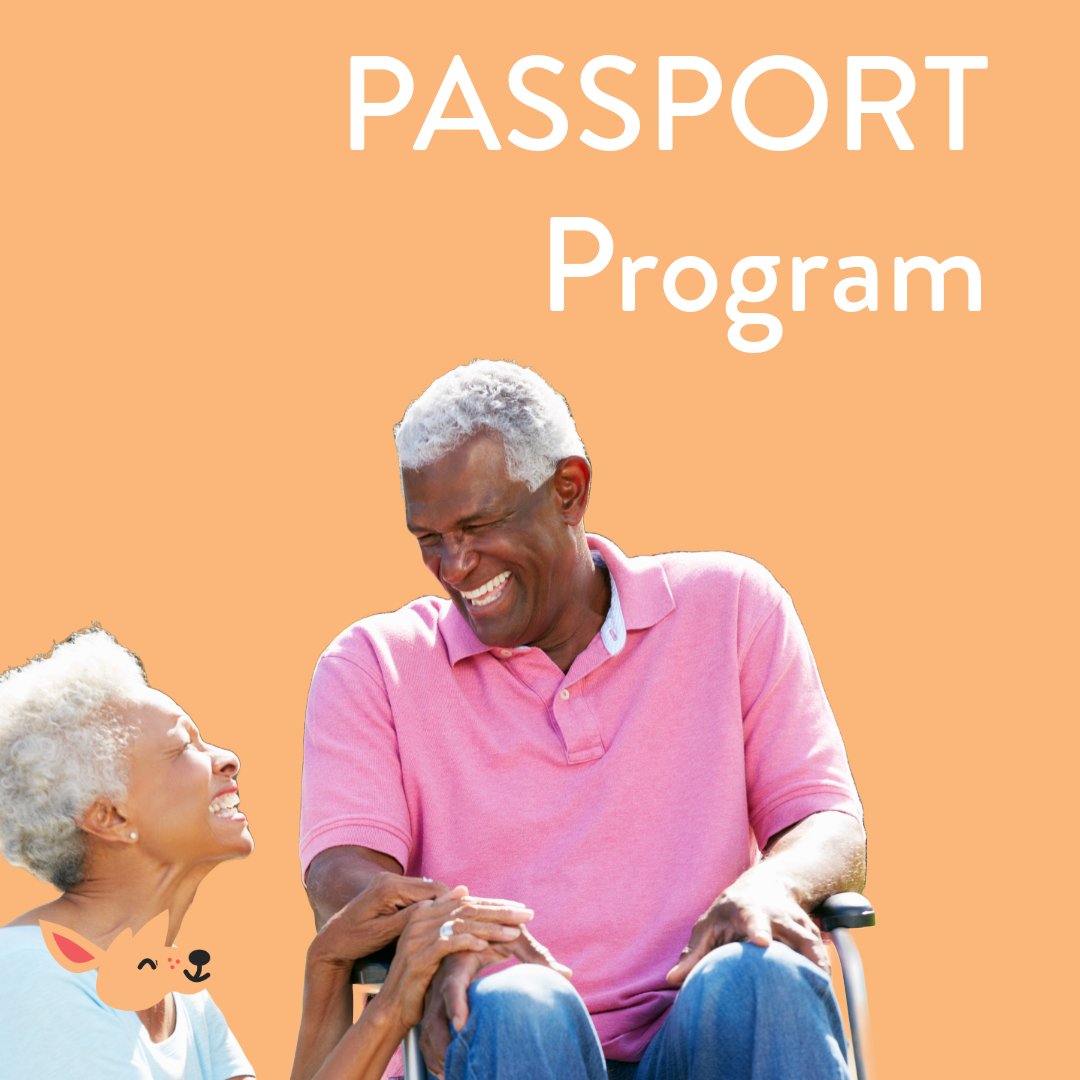Medicaid Waiver Programs in Ohio: Care and Choice for Seniors
Thinking about long-term care options for yourself or a loved one in Ohio? Medicaid waiver programs might be the answer. These programs offer a valuable alternative to nursing homes, allowing seniors to receive the care they need in the comfort of their own homes or communities.
This blog post dives into Ohio's Medicaid waiver programs, specifically focusing on options that allow family members to get paid for providing care.
Paying Family Members for Caregiving in Ohio
The good news is that under certain circumstances, Ohio's Medicaid waiver programs allow family members to be compensated for caregiving services provided to their loved ones. However, eligibility and rules vary depending on the specific program and county. Here's a closer look a few popular Medicaid Waiver Ohio options:
Ohio Home Care Waiver
This program helps seniors on Medicaid cover the costs of in-home care, including services provided by a home care attendant or personal care aide. Importantly, financial eligibility requirements apply, and a case manager will assess the senior's needs to determine if care can be delivered safely at home. It's important to note that program administration and caregiver compensation rules are handled on a county-by-county basis. While some counties might restrict spouses from receiving payment, other family members may be eligible for reimbursement for providing in-home care services.
PASSPORT Program
Ohio's PASSPORT program offers another path for families seeking to pay family caregivers. This waiver program prioritizes providing seniors with the care they need at home, as opposed to a long-term care facility.
Eligibility is determined through a preadmission screening process, and the senior must already qualify for Medicaid. Once approved, a case manager creates a personalized care plan based on the senior's specific needs.
Notably, the PASSPORT program features a consumer-directed service option. This allows the senior to choose who provides their care, with options including Choices Home-Care Attendant Service or Personal Care Services. In some cases, family members can qualify to be caregivers after completing required training and ongoing education.
Approved caregivers are then compensated through the waiver program at the state-contracted hourly rate.
Exploring the 1915c Ohio Individual Options (IO) Waiver
Now, let's delve deeper into a specific waiver program: the 1915c Ohio Individual Options (IO) Waiver.
What is a HCBS Waiver Program?
Before exploring the IO Waiver itself, it's important to fully understand the concept of HCBS waivers. HCBS stands for Home and Community Based Services. This program type was introduced by the U.S. Congress in 1983 to offer states flexibility regarding Medicaid rules for institutional care.
Essentially, HCBS waivers allow states to design programs that provide home and community-based services to individuals who would otherwise require long-term care facilities.
Understanding the 1915c Ohio Individual Options Waiver
The 1915c Ohio Individual Options Waiver is one of four HCBS waivers available in the state. This program empowers individuals with chronic conditions or disabilities to take control of their care by receiving services in their homes or communities rather than hospitals or institutions. This often translates to a higher quality of life and allows individuals to remain active participants in their communities. The program itself pays for specific services delivered in the home or community setting, on the condition that these services prevent the need for institutionalization.
Who is Eligible for the 1915c Ohio Individual Options Waiver?
To be eligible for the 1915c Ohio Individual Options Waiver, individuals must meet a minimum level of care requirement and specific financial criteria. Additionally, the cost of providing care at home or in the community must be lower than the cost of comparable care in an institutional setting.
Here's a more detailed breakdown of eligibility requirements:
Medicaid Eligibility: Individuals must qualify for Medicaid, although the income limits for the IO Waiver program are typically higher than traditional Medicaid.
Level of Care Requirements: Individuals must meet the level of care requirements for an intermediate care facility for the developmentally disabled. This includes a diagnosis of either mental retardation or a developmental disability before age 22, confirmed by a physician and psychologist.
Additionally, applicants must have substantial functional limitations in at least three of the following areas: self-care, learning, self-direction, communication, mobility, independent living, economic self-sufficiency (for those 16 or older), or developmental delays (for those under 5).
County-Specific Slots: The number of available slots for the IO Waiver program is determined by each county based on allocations from the Ohio Department of Developmental Disabilities.
Slots are typically distributed based on the application date, with priority sometimes given to those meeting emergency status criteria. There are no age limitations for the IO




